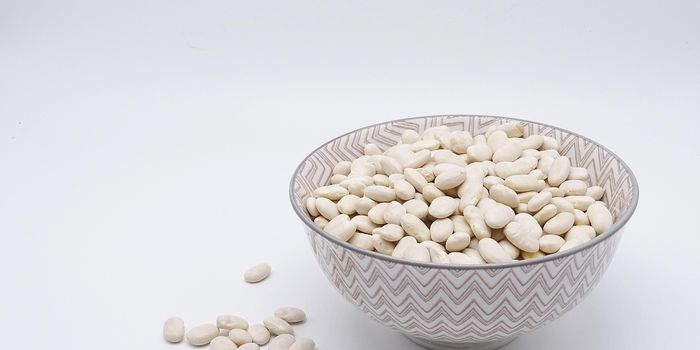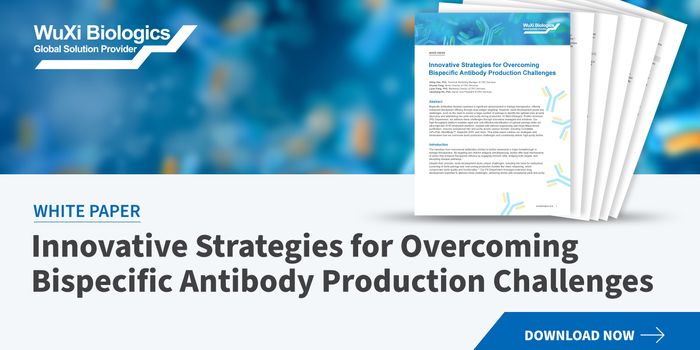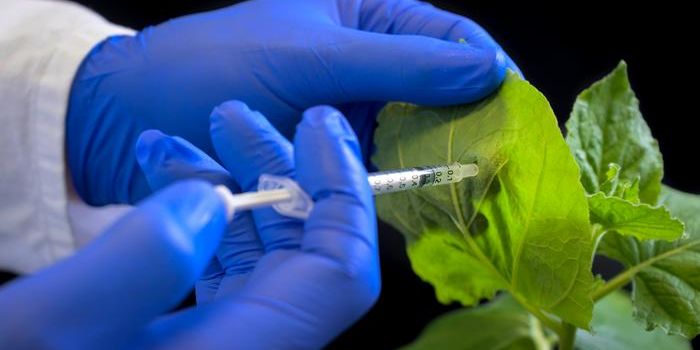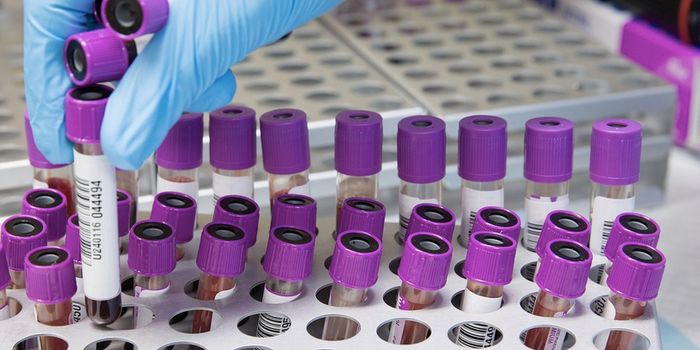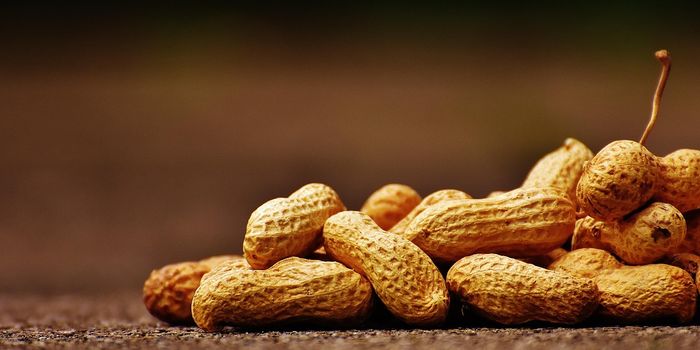Protecting Type 1 Diabetics from Heart Disease with An Extra Insulin Shot
An additional insulin injection three hours after eating seems to provide a protective effect for type 1 diabetics with heart disease. Normally, insulin doses are based on a meal’s carbohydrate content, but most meals also have fats, which are metabolized more slowly than carbohydrates. Researchers from Leeds Beckett University show the benefit of extra insulin in response to these differences in metabolism rates.
"Many people with type 1 diabetes struggle to regulate their blood sugar levels around mealtimes, because the fat content in their food is metabolised after their standard insulin injection has lost its potency or has left their blood,” explained study co-author Dr. Matthew Campbell.
Increasing levels of fat after a meal leads to higher blood sugar levels (hyperglycaemia), higher levels of fat and inflammatory markers in the blood, and a higher risk of cardiovascular disease. Heart disease is the leading cause of death for people with type 1 diabetes (T1D).
The Leeds Beckett University clinical trial included ten males with T1D. The participants received three meals with identical carbohydrate and protein content. However, fat content varied: one group’s meal contained a low fat content and two groups’ meals contain a high fat content. Blood samples were taken every thirty minutes up to six hours after each meal.
Participants receiving the low fat meal administered their insulin normally based on carbohydrate content. Participants from one high fat meal group did the same. But participants in the second high fat meal group were given an additional insulin injection in addition to the normal injection based on carbohydrate content. The second injection was one-third of the original dose and was administered three hours after eating.
While participants in the first high fat meal group showed significantly elevated levels of sugar, fat, and inflammatory markers six hours after eating, participants in the second high fat meal group showed results similar to the low fat group.
"Improving the sugar and fat levels in the blood after eating is important for the long-term health of the heart and blood vessels,” said co-author Dr. Daniel West. “But calculating insulin injection dose based on carbohydrates alone is clearly too simplistic, as most people eat meals that include fat and protein too."
A larger trial to test the efficacy of an additional insulin injection according to a meal’s fat content is in the works. With better regulation of blood sugar levels and the reduction of fat and inflammatory markers, advising to people with T1D an additional insulin injection could greatly lower the rate of cardiovascular death in diabetics.
The present study was published in the journal Diabetes and Vascular Disease Research.
Source: Leeds Beckett University


